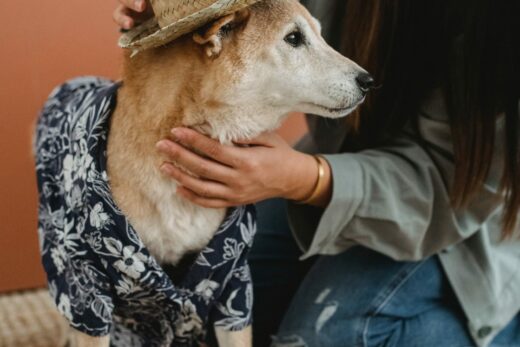Anxiety can affect dog behavior in a variety of ways, for a variety of reasons. Weather changes and summer thunderstorms may be causing your dog to respond with anxious behavior, or maybe your dog is experiencing separation anxiety as you return to the office. Perhaps your puppy is struggling when it comes to socializing, or your elderly pooch is experiencing age-related anxiety.
Regardless of your dog’s age, breed, health, or lifestyle, he may be prone to anxiety. As a dog owner, it’s important to understand the various causes and signs of dog anxiety, along with helpful remedies and care options.
Causes of Anxiety in Dogs
Before you start trying to treat your dog’s anxiety, it’s important to understand the type and cause of his anxiety.
The most common types of anxiety in dogs include:
Separation Anxiety
Separation anxiety is when your pooch feels distressed at the thought of being alone or away from you. A dog who tears the house apart when his owner is away isn’t simply behaving badly. Instead, he’s feeling genuine panic and acting out as a result.
Separation anxiety is often evidenced by chewed and torn objects around the house, scratches on doors and walls, and even attempts to escape.
Fear Anxiety
If your dog feels scared or stressed by loud noises such as fireworks or thunderstorms, being around too many strangers, or trips to the vet, he likely experiences fear-related anxiety.
Dog aggression generally doesn’t happen out of nowhere—if your dog is feeling stressed or anxious and doesn’t have a proper way to cope, he may begin acting out aggressively.





